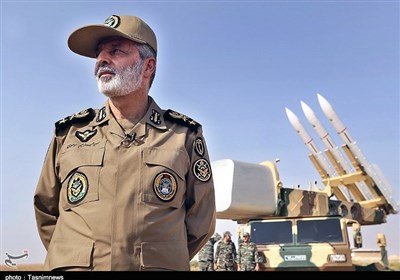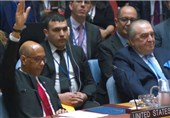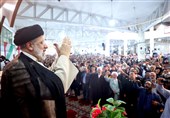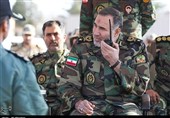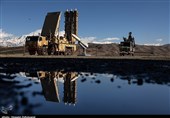Struggling Croatia Holds Tight Presidential Run-Off
TEHRAN (Tasnim) - Croatians cast ballots Sunday to elect a president in a tight run-off between incumbent center-left Ivo Josipovic and conservative Kolinda Grabar-Kitarovic, both pledging to help kickstart the newest EU member's ailing economy.
Polling stations opened at 07:00 am (0600 GMT) across the Balkan nation and were to close 12 hours later.
The two emerged practically neck and neck from the first round of polling two weeks ago, with Josipovic, a 57-year-old former law professor and classical music composer, just one percentage point ahead of Grabar-Kitarovic with 38.5 percent of the vote.
The popular incumbent, the third president of the former Yugoslav republic since independence in 1991, is a member of the Social Democrats (SDP), the main force in the ruling coalition.
His rival from the main opposition HDZ party, a former foreign minister and NATO assistant secretary general, aims to become the country's first woman president.
Although presidential powers are limited in Croatia, Sunday's vote is seen as a key test for parliamentary elections later this year in which the HDZ is likely to make significant gains.
Analysts believe the close first-round result reflects dissatisfaction with the SDP-led government's performance and Josipovic's failure to criticise its economic policies, AFP reported.
Prime Minister Zoran Milanovic's government has become hugely unpopular after failing to revive Croatia's economy, which has been struggling with recession for the past six years.
Hopes that entry into the European Union would be an economic boost for the small Adriatic nation of 4.2 million have faded.
Croatia joined the EU in 2013, but its economy remains among the bloc's weakest. Unemployment is almost 20 percent, half of job-seekers under the age of 25 are unemployed and the government forecasts a meagre 0.5 percent growth this year.

